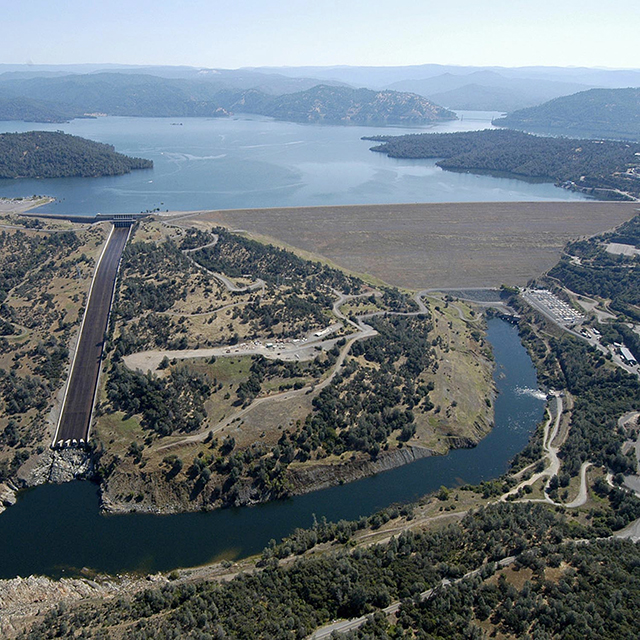The recent catastrophic failure of the Oroville Dam and the evacuation of 200,000 people due to subsequent flooding is not only an example of the state and federal government’s failure to fix our nation’s crumbling infrastructure, but a reflection of the deteriorating health of our democracy. The American people will gradually suffer the consequences of climate change as it continues to stress the nation’s aging bridges, dams and highway system. The Oroville Dam emergency is a wake-up call for all of us to address climate change and the repercussions of privatization and emasculation of our government regulatory agencies.
Crippled infrastructure
The Oroville spillway situation not only resulted in environmental destruction in the immediate area, but also reminded Californians of the quality of our infrastructure. The spillway happened for the same reason the water crisis in Flint, Mich. happened. The spillway could have been prevented if governmental agencies responsible for managing our nation’s public infrastructure were received funding and support from constituents.
Naomi Klein writes in The Intercept how corporations and politicians take advantage of the shock created in the immediate aftermath of a crisis in order to increase privatization and profits.
Klein uses the destruction and pandemonium created by Hurricane Katrina as an example of when state officials and business leaders collaborated to push harmful neoliberal economic policies.
The need for investment
An article by The Sacramento Bee attributes the spillway to “structural failure, not how the lake’s flood-storage space was being managed.” The flood control manual has not been updated for over half a century, a disturbing fact when, according to the aforementioned article, “California has more than 1,500 dams, 54 of which are considered primary flood-control structures.” Adam Nagourney and Henry Fountain write in the New York Times how climate change added stress to the dam and explain how “the government is more inclined to invest money in building new projects, celebrated with elaborate ribbon-cutting ceremonies overseen by elected officials, than in the less visible (and less glamorous) task of maintenance.”
The federal government needs to start a massive public works program in an attempt to fix our nation’s infrastructure. This will not only provide employment to thousands of Americans, but will also ensure the economic productivity and national security benefits emanating from a well-functioning national infrastructure system is guaranteed for future generations. A well-maintained infrastructure system is, after all, necessary for intrastate commerce in an increasingly globalized economy. One of the Eisenhower administration’s greatest contribution to the American people was the public works program that led to the creation of a national highway system. According to The Los Angeles Times, “a ride over Adolf Hitler’s autobahn showed the general how highways might serve the defense of a nation.” The highways also led to an increase in commerce and an increase in the number of automobiles on the road during the postwar economic boom.
If our nation wants to protect our infrastructure from climate change, the government must invest in our infrastructure. The abandoned factories of Detroit and the polluted rivers of once vibrant cities now known as “sacrifice zones” are a warning to all Americans of the deadly consequences of the lethal collaboration between profit-minded corporations and subservient government officials.







